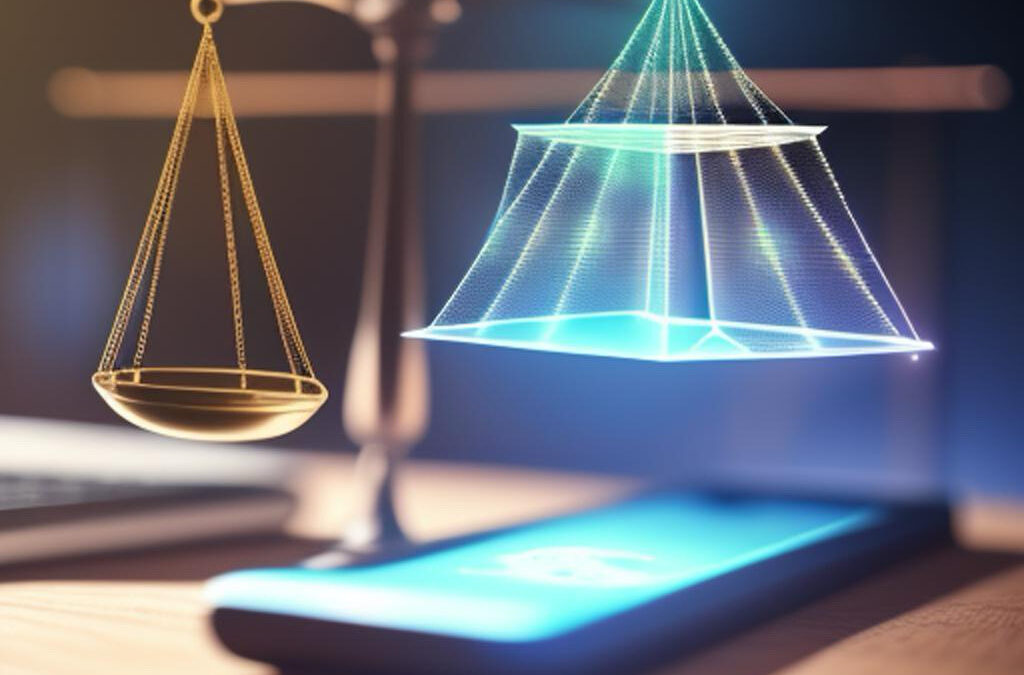At the Institute for legal Transformation, we research the law of the future. In this article, we share three key trends that we have identified in the legal sector:
Privatization of law, the increasing prominence of Alternative Dispute Resolution (ADR) due to an increase in case law and risks of court decisions, and the rise of legal technology to boost efficiency in one of the slowest industries of the modern days. These trends have the potential to fundamentally transform the way legal services are delivered
Hypothesis 1: Privatization of Law: A Catalyst for Innovation and Efficiency
The traditional monopoly of law by government-sanctioned entities is gradually giving way to privatization, allowing private providers to offer legal services. This shift has the potential to foster innovation and efficiency in the legal market.
One of the primary benefits of privatization lies in its ability to introduce competition. With more providers vying for clients, there is an incentive to develop innovative and cost-effective solutions to cater to diverse legal needs. This competitive environment can lead to a broader range of legal services at more affordable prices.
Furthermore, privatization can promote specialization and expertise. Private providers can focus on specific areas of law, allowing them to develop in-depth knowledge and expertise. This specialization can lead to higher quality legal services for clients.
Hypothesis 2: ADR: Navigating Disputes Beyond Traditional Litigation
Cases that are not clearly covered by the law, e.g. because there is still no corresponding regulation for specific applications of AI, often end up in court. Cases will arise in which only case law will decide what the law is. It is likely that case law will become even more important in the future.
In result, Alternative Dispute Resolution (ADR) methods, such as mediation and arbitration, are gaining traction as alternatives to traditional litigation. These methods offer a more flexible, efficient, and often less costly approach to resolving disputes.
ADR processes are often less adversarial than traditional litigation, fostering a more collaborative and constructive environment for resolving disputes. This can lead to a quicker resolution of conflicts and a reduced emotional toll on the parties involved.
Hypothesis 3: Legal Tech: Empowering Legal Professionals and Clients
Digitization has also reached the legal system. Legal Tech companies use technologies such as artificial intelligence (AI), automation, and blockchain to make legal services more efficient, accessible, and affordable. Some examples on how technology can transform legal services are:
– Chatbots and other automated advisory systems can answer simple legal questions. This can reduce the cost of legal advice and increase the accessibility of legal support.
– Software solutions that automatically create legal documents can simplify and speed up the process of creating contracts, pleadings, and other legal documents.
– Blockchain technology can ensure the authenticity of contracts and enable automated, smart contracts that can automatically take effect or trigger certain actions under certain conditions.
In this way, legal technology can streamline administrative tasks, automate repetitive processes, and facilitate communication between lawyers and clients. This can free up lawyers’ time, allowing them to focus on more strategic and value-added aspects of their work.
Conclusion: A New Era of Legal Services
The privatization of law, the rise of ADR, and the advancement of legal technology are converging to transform the legal landscape. These trends have the potential to make legal services more accessible, efficient, and affordable, benefiting individuals, businesses, and society as a whole. By embracing these trends, we can usher in a new era of legal services, one that is responsive to the evolving needs and challenges of our world.

